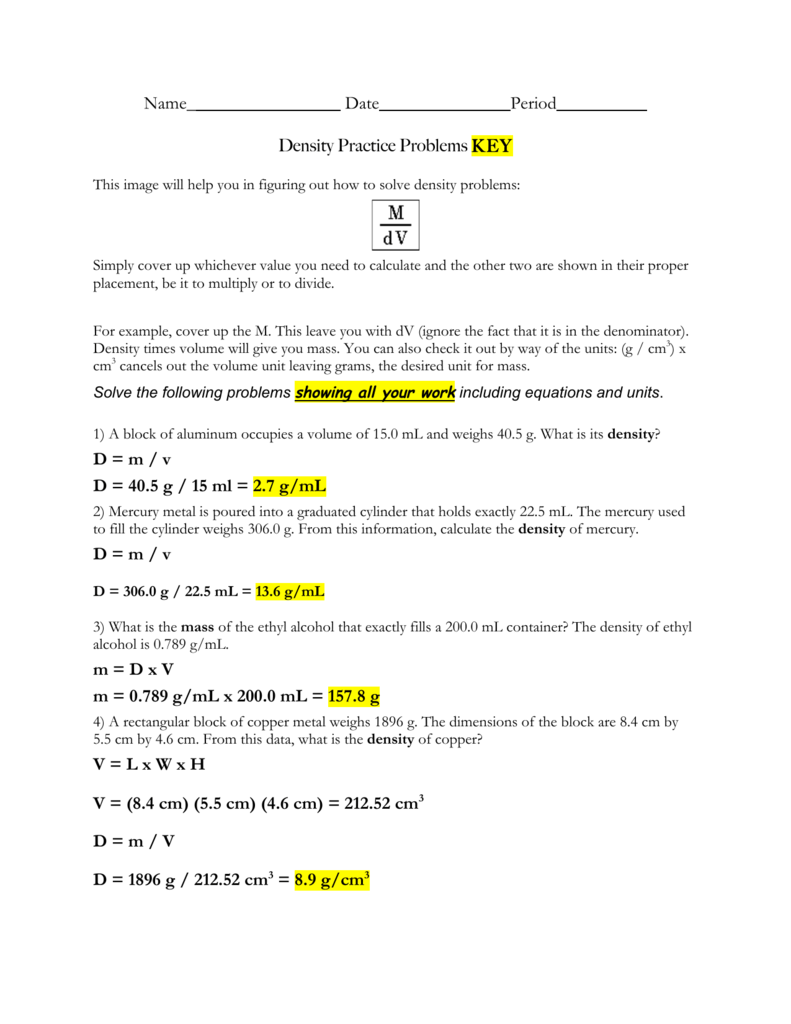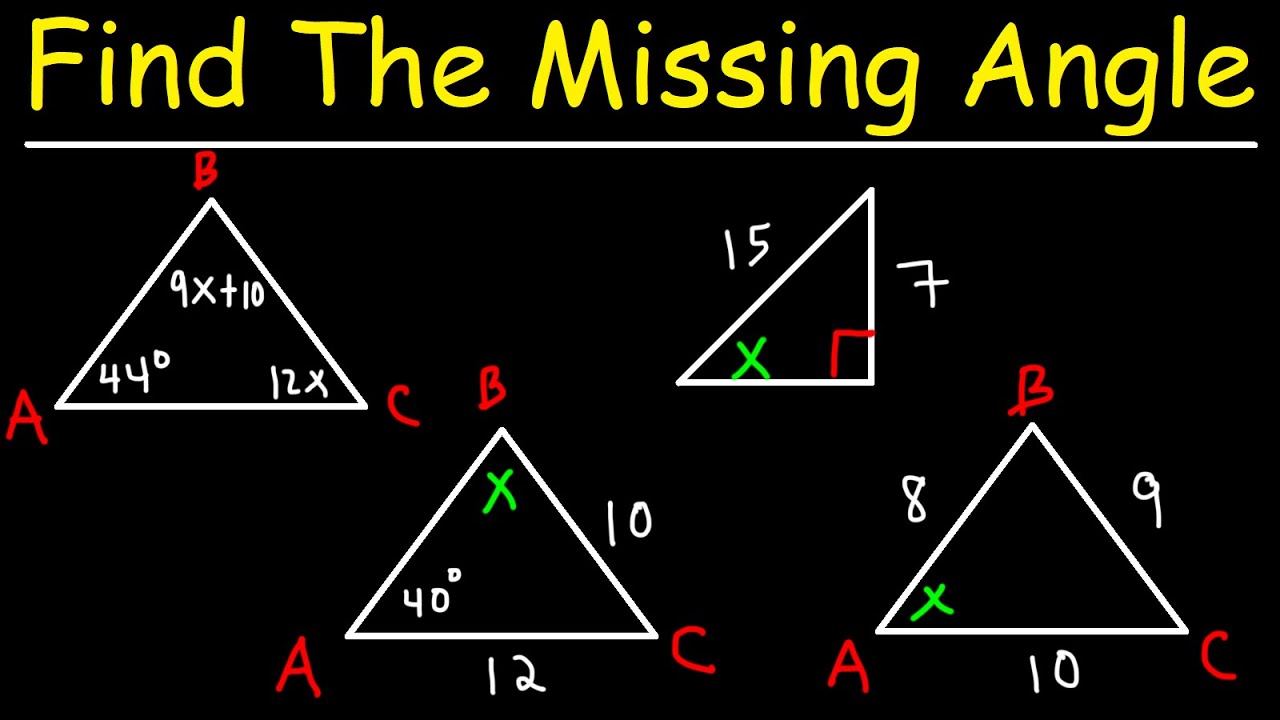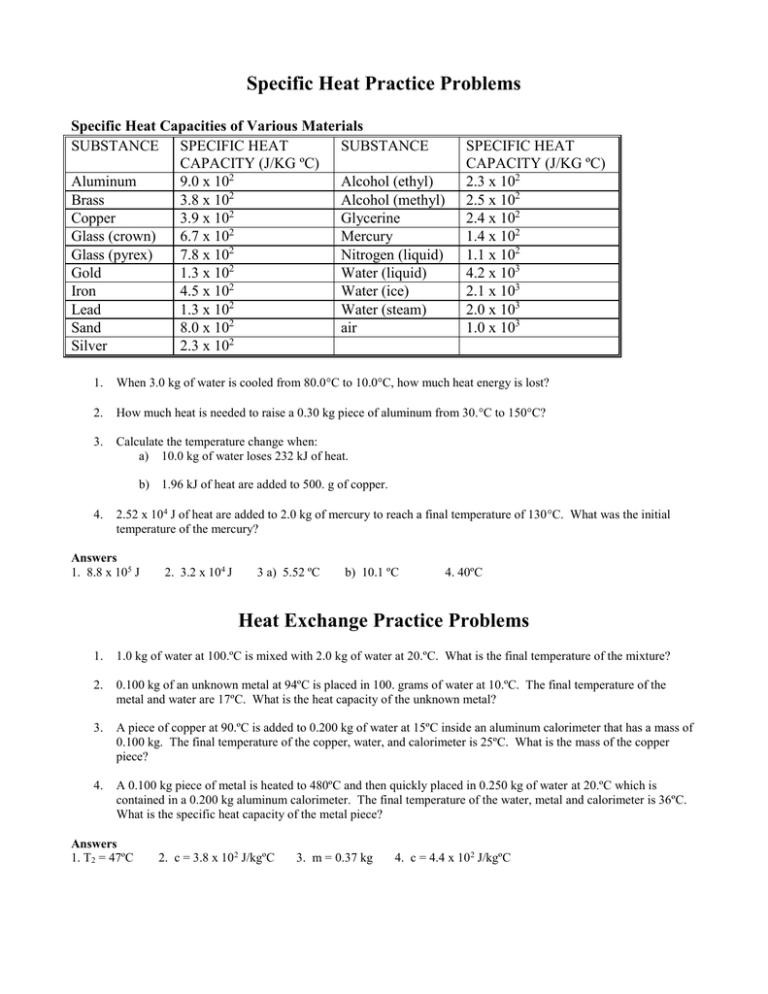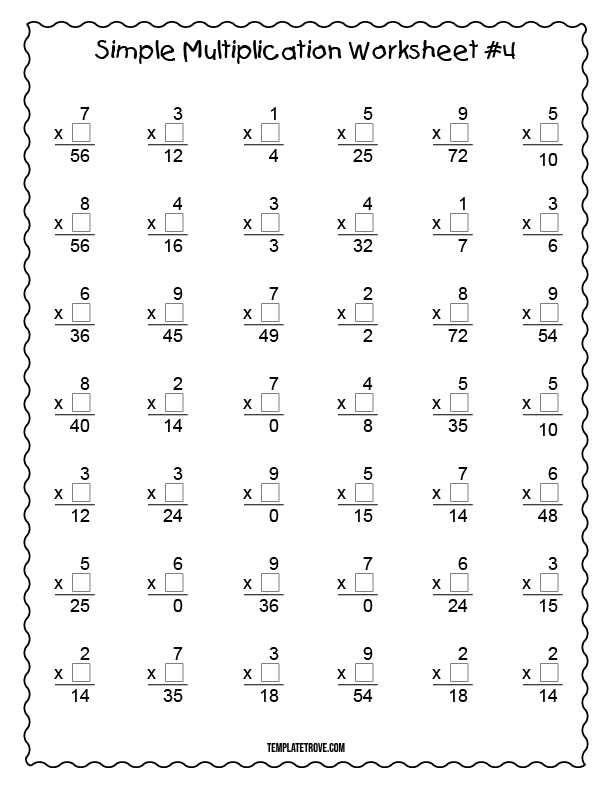6 Ways to Master Compound Sentences
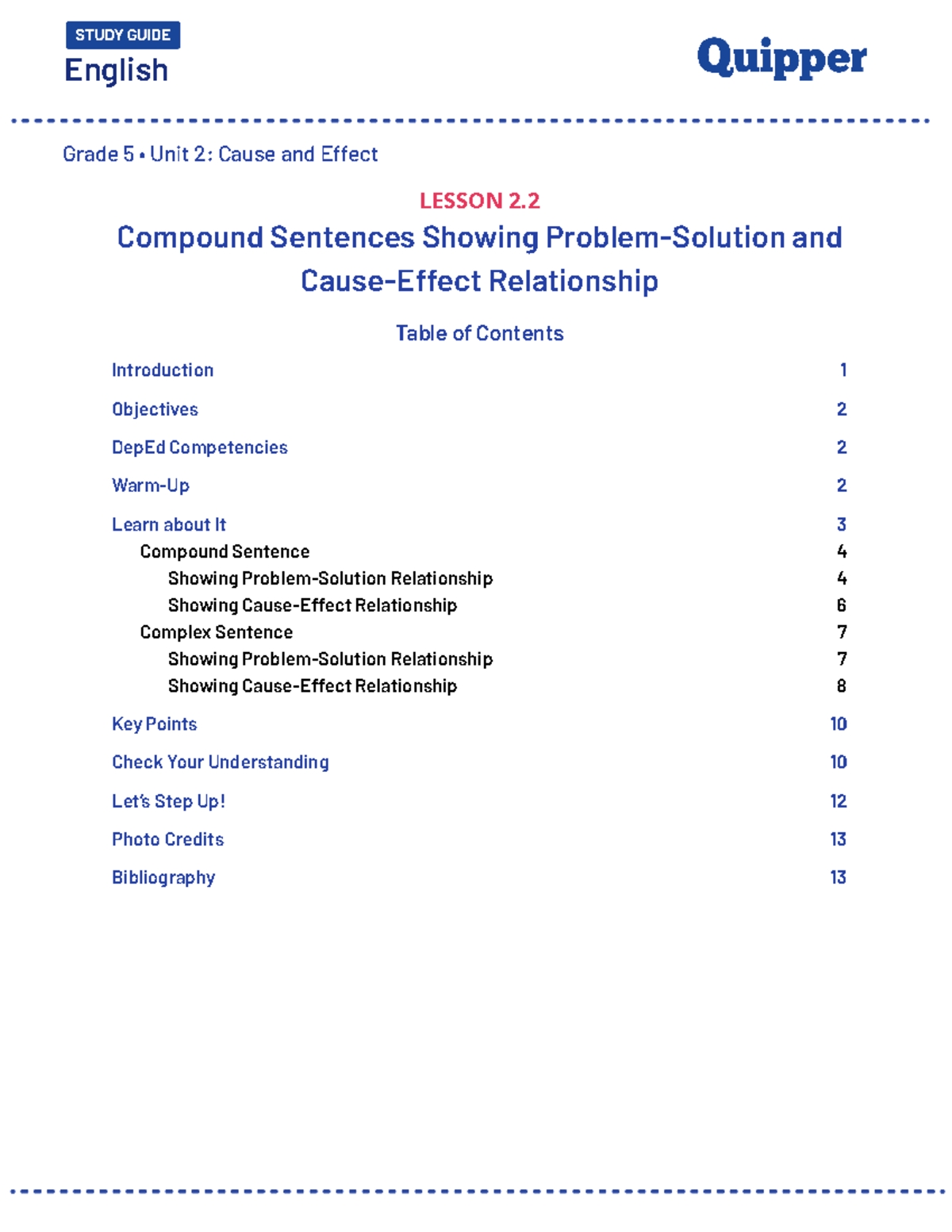
What are Compound Sentences?
Compound sentences are a fundamental concept in English grammar that can enhance the clarity and effectiveness of your writing and speech. A compound sentence is a sentence that contains two or more independent clauses (i.e., clauses that could stand alone as separate sentences) joined by a conjunction. Understanding how to construct and use compound sentences can take your communication skills to the next level. In this article, we will explore six ways to master compound sentences.
1. Understanding Independent Clauses
To create a compound sentence, you need to start with two or more independent clauses. An independent clause is a group of words that contains a subject and a predicate (verb) and expresses a complete thought. Here are a few examples of independent clauses:
- I went to the store.
- She is studying for her exam.
- They are going to the movies tonight.
💡 Note: An independent clause can stand alone as a separate sentence.
2. Choosing the Right Conjunction
Conjunctions are words that connect words, phrases, or clauses together. In compound sentences, conjunctions are used to join independent clauses. There are three main types of conjunctions: coordinating, subordinating, and correlative.
- Coordinating conjunctions: and, but, or, so, yet
- Subordinating conjunctions: because, since, after, although, if
- Correlative conjunctions: both…and, either…or, not only…but also
When choosing a conjunction, consider the relationship between the two independent clauses.
3. Creating Compound Sentences with Coordinating Conjunctions
Coordinating conjunctions are used to join two independent clauses of equal importance. Here are some examples of compound sentences using coordinating conjunctions:
- I went to the store, and I bought some milk.
- She is studying for her exam, but she is feeling anxious.
- They are going to the movies tonight, or they will stay home and watch TV.
4. Using Subordinating Conjunctions to Create Complex Sentences
Subordinating conjunctions are used to join two clauses of unequal importance. The subordinating conjunction introduces the dependent clause, which cannot stand alone as a separate sentence.
- Because I forgot my phone, I couldn’t call for help.
- Although I’m tired, I will finish this project tonight.
- If I had more time, I would travel more.
🔍 Note: Subordinating conjunctions create complex sentences, not compound sentences.
5. Mastering Correlative Conjunctions
Correlative conjunctions are used to join two clauses of equal importance and emphasize their relationship. Here are some examples of compound sentences using correlative conjunctions:
- Both my parents and my friends are coming to my party.
- Either you can come with me, or you can stay home and watch TV.
- Not only did I finish my project, but I also received an A+ grade.
6. Punctuating Compound Sentences
Punctuation is essential in compound sentences to separate the independent clauses and ensure clarity. Here are some general guidelines:
- Use a comma to separate the independent clauses when using a coordinating conjunction.
- Use a semicolon to separate independent clauses that are closely related in meaning.
- Use no punctuation when using a correlative conjunction.
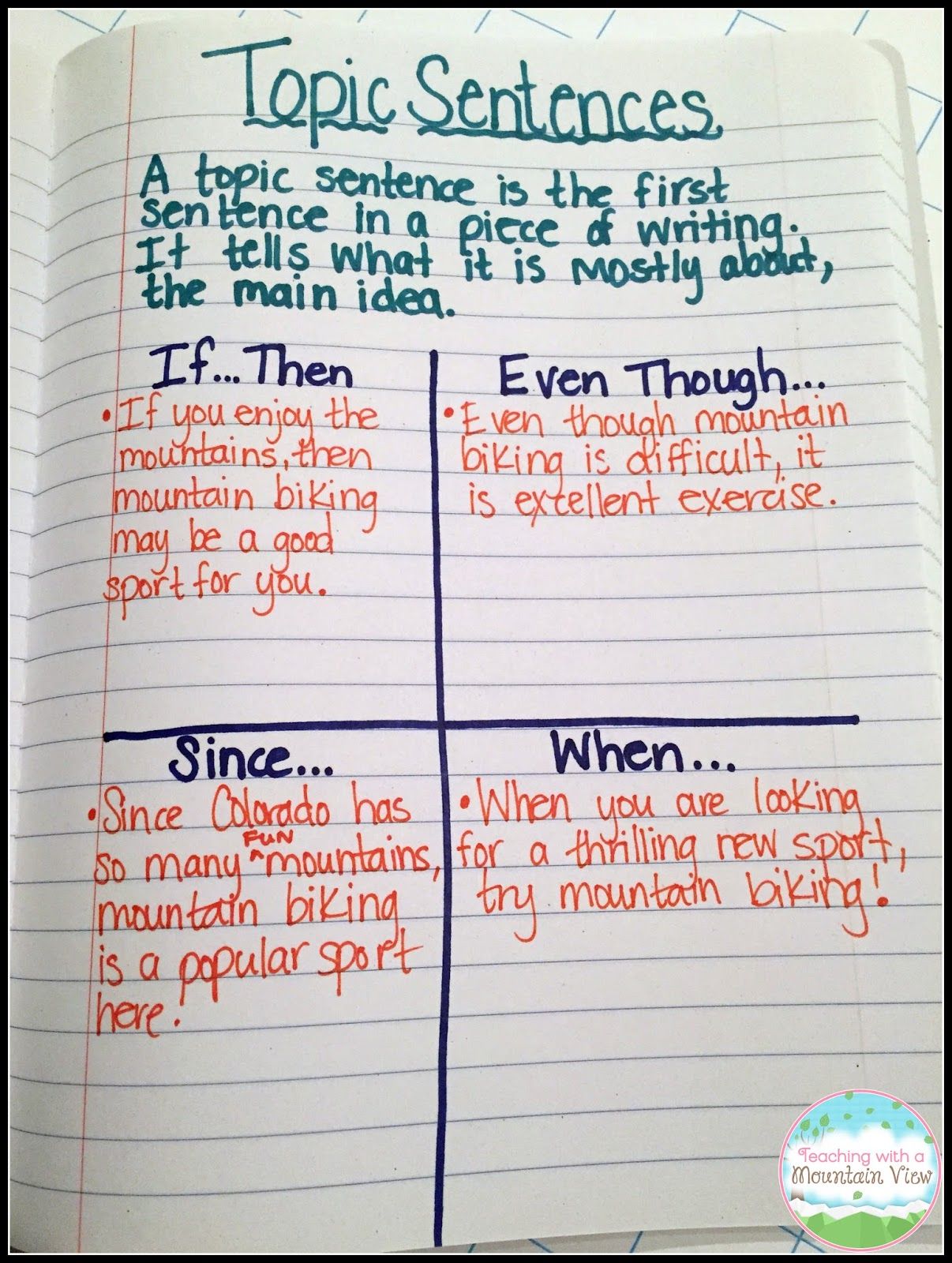
| Conjunction | Punctuation |
|---|---|
| Coordinating conjunction | Comma (,) |
| Subordinating conjunction | No punctuation or comma (,) |
| Correlative conjunction | No punctuation |
By mastering compound sentences, you can enhance your writing and speaking skills, convey complex ideas, and express yourself more effectively. Remember to practice regularly and experiment with different conjunctions and punctuation to become a proficient user of compound sentences.
Mastering compound sentences takes time and practice, but with these six tips, you’ll be well on your way to becoming a grammar pro. Keep in mind that compound sentences are just one aspect of effective communication, and there’s always room for improvement.
What is the difference between a compound sentence and a complex sentence?
+A compound sentence contains two or more independent clauses joined by a conjunction, while a complex sentence contains an independent clause and one or more dependent clauses.
Can I use a semicolon to separate independent clauses?
+How do I punctuate a compound sentence with a correlative conjunction?
+You do not need to use punctuation when using a correlative conjunction.
